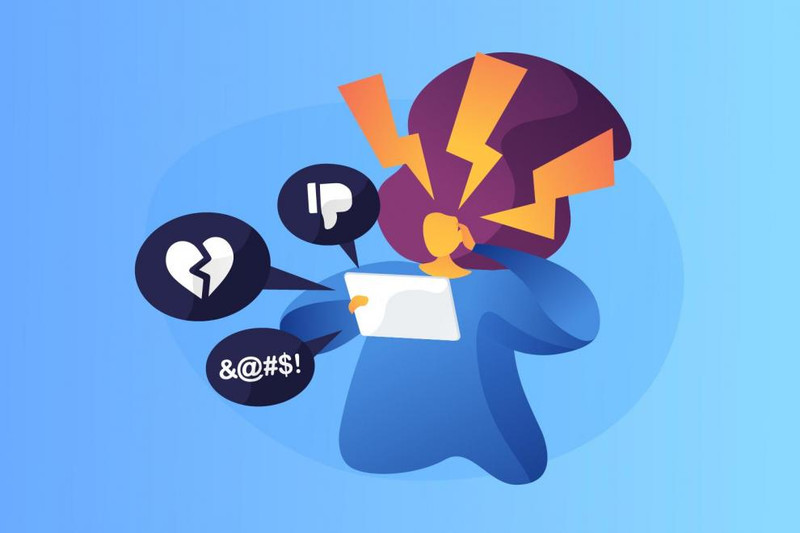Risks to privacy, safety, and psychological and behavioural impacts are some of the risks to children that were listed in the recent UNICEF report, in the context that AI is accelerating worldwide and a series of “tech giants” such as Google and Microsoft are boosting their race in the field of AI.
It is undeniable that AI is increasingly proving its potential to change people's lives and it is an effective assistant for workers. However, this technology also causes many controversies.
There have been criticisms related to AI products, such as privacy violations, false information, and academic fraud.
According to UNICEF and the World Economic Forum (WEF), children can be careless when sharing their personal information online, thus easily becoming victims of unauthorised data breaches.
These organisations also warn that AI can exacerbate inequality and bias. Seth Bergeson, a WEF expert who led a research project on ‘AI for children’, cites a specific example in the UK where a new AI algorithm incorrectly assessed students’ A-level exams, dashing hopes of many to attend top universities. Experts also warn that users may be more dependent on AI, greatly affecting their autonomy and decision-making.
In 2022, Israeli authorities had to handle more than 8,100 cyber incidents in which the victims were children. According to a study, about 90% of children in Israel have access to the internet, with 62% of girls surfing the internet for at least 4 hours a day. Therefore, educating children about safe internet use is an urgent task for each family and the entire society.
Recently, Utah has become the first US state to require social media firms to acquire parental consent for children to use their apps and to verify if users are 18 or older.
 |
| Social networking applications can influence the thinking of young people (Photo: UNICEF) |
Michael McKell, a member of the Republican Party in Utah, cited statistics showing that social networking applications can influence the thinking of young people, with 30% of female high school students in the US having seriously considered attempting suicide.
As for AI products, experts say that it's important for children to know how to interact with AI, and they should be fostered with skills such as critical thinking and creativity to complement AI.
According to Professor Aimee Roundtree at Texas State University, it is important to teach the basics of how artificial intelligence works. “Teach children about artificial intelligence in plain language and at their level of understanding,” she said. Young people should be taught to think critically about how and how much they want to use AI models.
It is essential to perfect laws and policies to tighten internet control in order to create a safe and healthy online environment for young people. In addition, parents also play an important role in building a “shield” to protect children in cyberspace.
















